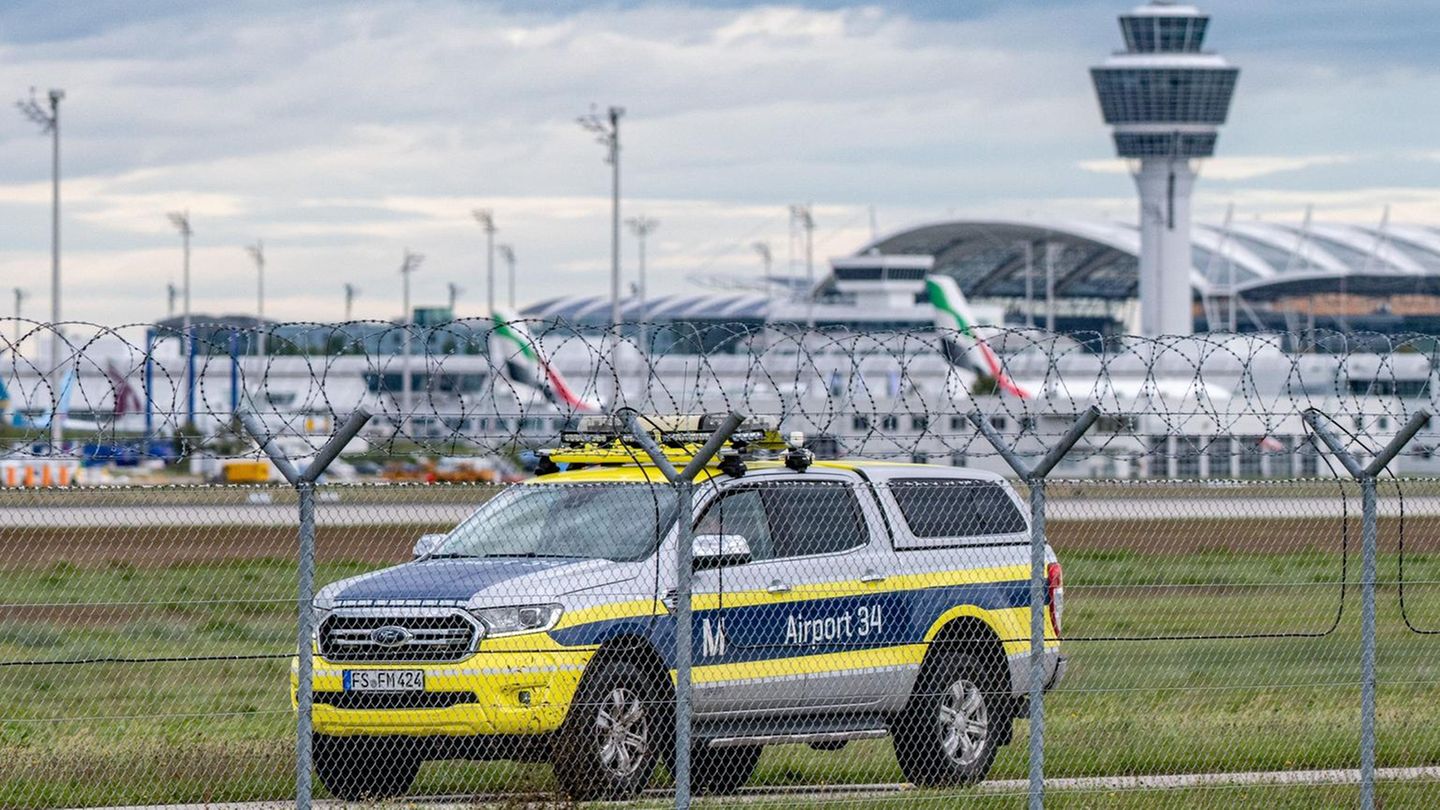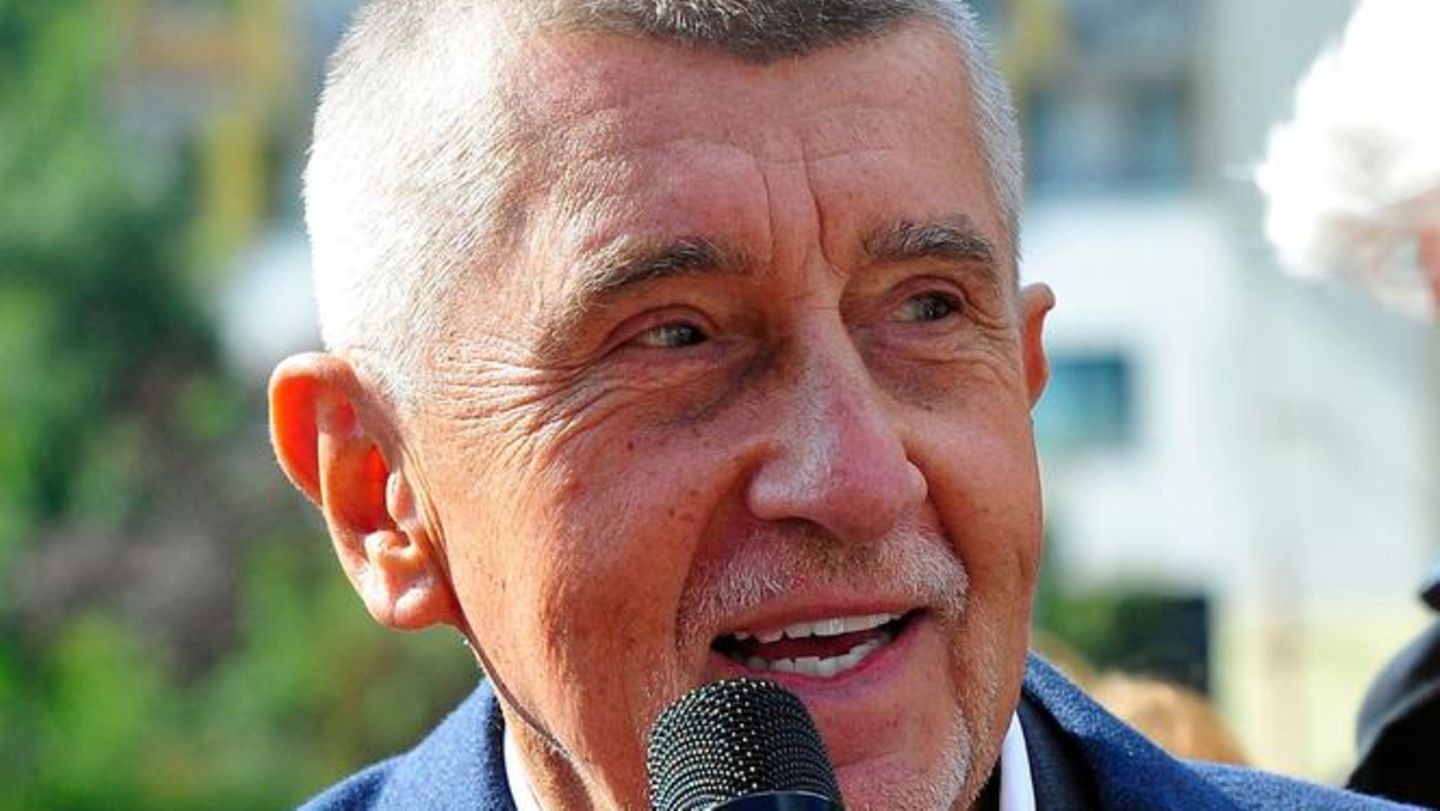Close economic ties, traditional friendship: Many people in East Germany feel closer to Russia than West Germans. But the shock of the attack on Ukraine unites in horror.
Just three weeks ago, Dietmar Bartsch sounded different. A war should not be talked about, said the head of the left-wing faction to the United States at the time. “Peace can only be enforced with, not against, Russia.”
After Russian President Vladimir Putin’s order to attack Ukraine, the Rostock member of the Bundestag was shocked. “This is a turning point,” says Bartsch of the German Press Agency.
Like Bartsch, many East Germans traditionally have a different view of Russia and NATO than many West Germans – more understanding of Russian security interests, more distance to the US and the Western Alliance. The former Brandenburg Prime Minister Matthias Platzeck (SPD) repeatedly warned NATO and offered his German-Russian Forum as a bridge builder. The Saxon Prime Minister Michael Kretschmer (CDU) sometimes sought direct contact with Putin and spoke against EU economic sanctions. Now everyone is united in horror at the attack on Ukraine. “That changes the situation in Europe fundamentally,” says Bartsch.
Traditionally closer economic ties
East Germany will feel the excesses of this geopolitical conflict, because the economic ties are traditionally closer. Several east German chambers of commerce sounded the alarm this week fearing negative consequences from EU sanctions against Russia. Brandenburg alone recently had an export volume of 307 million euros to Russia, Ukraine and Belarus.
The seed company Satimex in Quedlinburg in Saxony-Anhalt achieves around 70 percent of its annual sales in Russia, according to Managing Director Eike Kampe. He also thinks economic sanctions are wrong because they would “primarily have economic disadvantages for Germany and some other EU countries”. In the east of Germany there is basically a great bond with Russia, also socially, says Kampe. “We all learned the Russian language at school, which promotes understanding.”
Russian culture “inhaled” during GDR times
The historian Silke Satjukow, who was born in Weimar, studied in Moscow after reunification. In GDR times, East Germans “inhaled” Russian culture, the professor at the University of Halle-Wittenberg told the dpa. Initially, the stationed Soviet soldiers were enemies. “But half a million Russians over half a century, that also creates closeness.” They celebrated together, became friends, got married. Millions were in the Society for German-Soviet Friendship.
Satyukov calls the view of the world in GDR times an “imagination of balance”: two parts of the world, the socialist camp and the USA, both equally strong. In the confrontation between NATO and Russia, this balance seems to have been tipped for many East Germans. “The balance is out of joint, and you rely on old thought patterns that have been practiced since childhood,” says the historian. “Everyone has a filter in their head. West Germans have a different memory than East Germans.”
Shared experience of loss
Like Satyukov, East German historian Katja Hoyer points to another point: a shared experience of post-reunification loss. Russia lost the Cold War on a global level, but within Germany it was similar for the GDR, says Hoyer, who now does research at London’s King’s College. The losers in the Cold War had to submit. “I don’t know if that was conscious, but these experiences shape.”
Many Russians are of the opinion that the West has not taken them seriously, says former East German Prime Minister Lothar de Maizière to the magazine “Cicero”. In the expansion of NATO to the east, he sees a breach of the West’s commitment from the time of reunification. “I know that the German Foreign Minister, Hans-Dietrich Genscher, made such a promise to the Soviet Foreign Minister, Eduard Shevardnadze,” says de Maizière. A lot of people remember that over and over again.
New direction?
In the summer of 2021, in a survey for the editorial network Germany, 50 percent of the East Germans surveyed were in favor of a closer relationship with Russia – but only 25 percent of West Germans. 60 percent of East Germans in this survey called for more independence from the United States, but only 32 percent of West Germans.
Will that change with the Russian attack on Ukraine? Hoyer says she would have said no just a week ago. “But I found it amazing how much the tone has changed now.” Many East Germans have also internalized a certain pacifism and anti-militarism. “In the minds and hearts of those who understand Putin, this has the effect that pacifism comes into conflict with the pro-Russian orientation,” says the historian. It cannot be ruled out that something is changing and that East and West Germans are getting closer in this crisis.
Source: Stern
David William is a talented author who has made a name for himself in the world of writing. He is a professional author who writes on a wide range of topics, from general interest to opinion news. David is currently working as a writer at 24 hours worlds where he brings his unique perspective and in-depth research to his articles, making them both informative and engaging.




